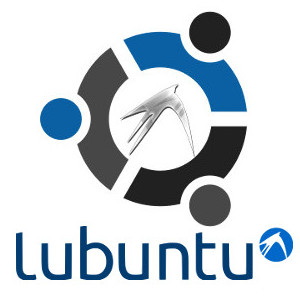The
Linux notes from DarkDuck blog has recently published a How-to guide for using cloud storage from the Russian company Yandex with native Linux support:
Yandex.Disk.
Of course, Yandex is not the only company that offers free and subscription-based cloud storage services. There was even a
discussion about one of the alternatives in the comments for that article. You can also check the
other alternatives.
My take on that discussion is that I would not trust my files to a company that only receives revenues from the cloud storage. It is like putting all your eggs in the same basket. That's why I would recommend you use a company with a diverse set of cash cows. How many of them are there? Not that many, I am afraid.
Yandex is a Russia-based company. There is another Russian company Mail.Ru that offers
web storage with 25 Gb of free space per user by default. Unfortunately, its site interface is mostly in Russian, that's why I would not talk too much about it here.
Global technology companies also offer cloud storage. The most famous of them is Google Drive, of course. You all are aware that Google does not provide an official Linux client for its Google Drive. There are some unofficial alternatives including
JDrivesync that you can read about.
However, there is another cloud storage from a global company. It is
OneDrive from Microsoft. You can think of me being a Devil's Advocate here, but let me continue. OneDrive gives you 5Gb of storage space by default that you can extend later on. However, if you use the
referral link, you get 0.5 Gb extra, and so will I. Of course, it is less than the 10 Gb you can easily obtain from
Yandex, but still enough space for many who prefer US-based Microsoft to Russia-based Yandex.
There are no official clients for running OneDrive on Linux. But there are two unofficial ones.
Let me talk you through installing and using them and compare the features running
Xubuntu 16.04.



